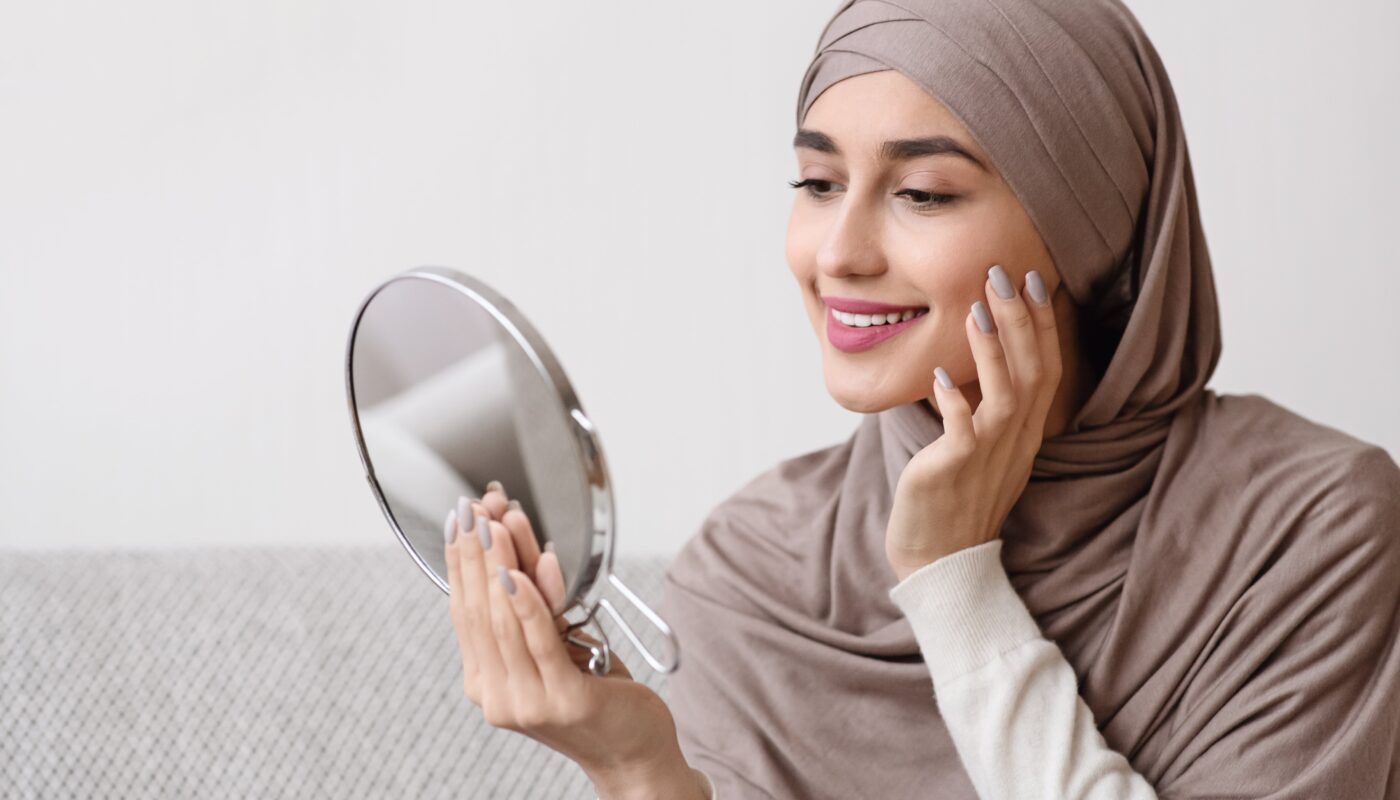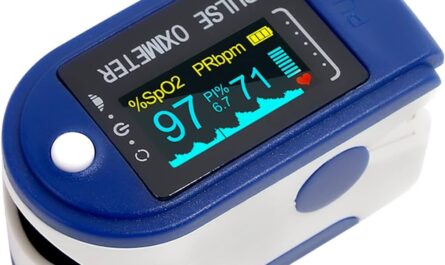Halal skincare products contain ingredients that are permitted according to Islamic Sharia law and are manufactured and processed according to Islamic guidelines. These include cleansers, moisturizers and serums containing plant-based extracts and vitamins that nourish the skin without harming the body. With growing health consciousness, many consumers in South East Asian countries are opting for natural and organic skincare products to handle daily skin concerns in a gentle manner. The South East Asia Halal Skincare Market is estimated to be valued at US$ 6.2 billion in 2023 and is expected to exhibit a CAGR of 5.8% over the forecast period 2023-2027, as highlighted in a new report published by Coherent Market Insights.
Market key trends:
Rising popularity of natural and organic ingredients: The key trend propelling the growth of the South East Asia Halal Skincare Market Size is the rising demand for products containing natural and organic ingredients. Consumers are increasingly preferring goods with natural plant extracts, vitamins and hyaluronic acid instead of synthetic or chemical-based formulations due to various health and environmental concerns. Manufacturers are responding to this demand by launching new lines of serums, moisturizers and cleansers with organic aloe vera, coconut oil, collagen, hyaluronic acid and other natural active ingredients that nourish the skin from within. This rising popularity of natural ingredients is driving the market for halal certified skincare products in South East Asia.
SWOT Analysis
Strength: South East Asia has significant Islamic population share which creates a sizeable consumer base for halal skincare products. Adherence to religious beliefs among customers drives the demand.
Weakness: Limited availability and choices in comparison to conventional skincare products act as constraints. Lack of standardization in certifications leads to confusion.
Opportunity: Growing awareness about benefits of halal certified products present opportunities for new entrants and product innovations. Export potential to other Islamic countries exists.
Threats: Stiff competition from multinational brands capturing market share. Unpredictable economic conditions and political instability in some countries pose challenges.
Key Takeaways
The South East Asia Halal Skincare market is expected to witness high growth.
Regional analysis: The fasted growing halal skincare markets in the region include Indonesia, Malaysia and Brunei due to their predominantly Muslim populations adhering to Islamic lifestyle. Indonesia currently dominates the South East Asia halal skincare market owing to the large domestic consumer base.
Key players operating in the South East Asia Halal Skincare market are Saaf Skincare, Wardah Cosmetics, One Pure, Amara Cosmetics, and Halal Skin Care. Rising health-consciousness has boosted the demand for natural skin care products certified under halal guidelines. With increasing urbanization, modern retail channels like e-commerce are expanding the reach of halal skincare brands.
*Note:
1. Source: Coherent Market Insights, Public sources, Desk research
2. We have leveraged AI tools to mine information and compile it



